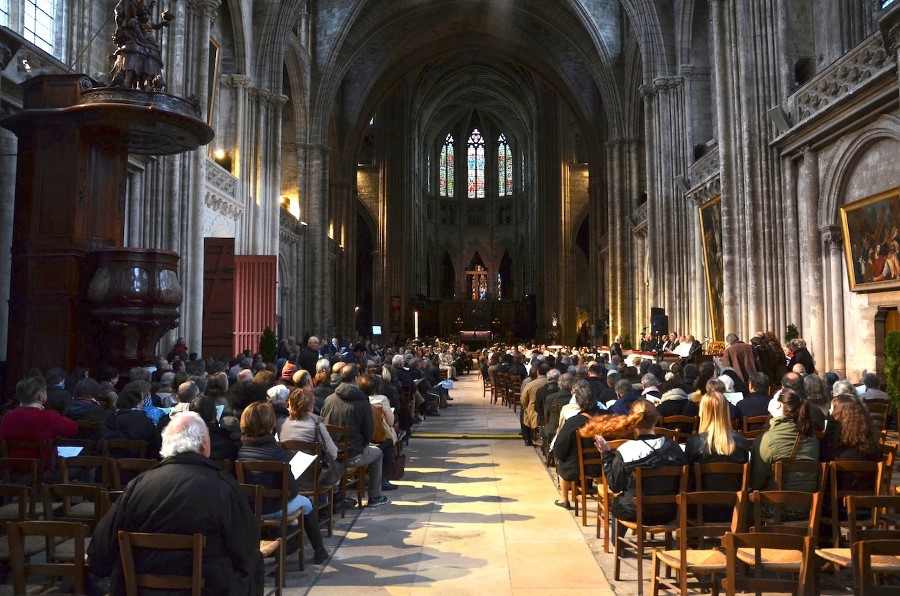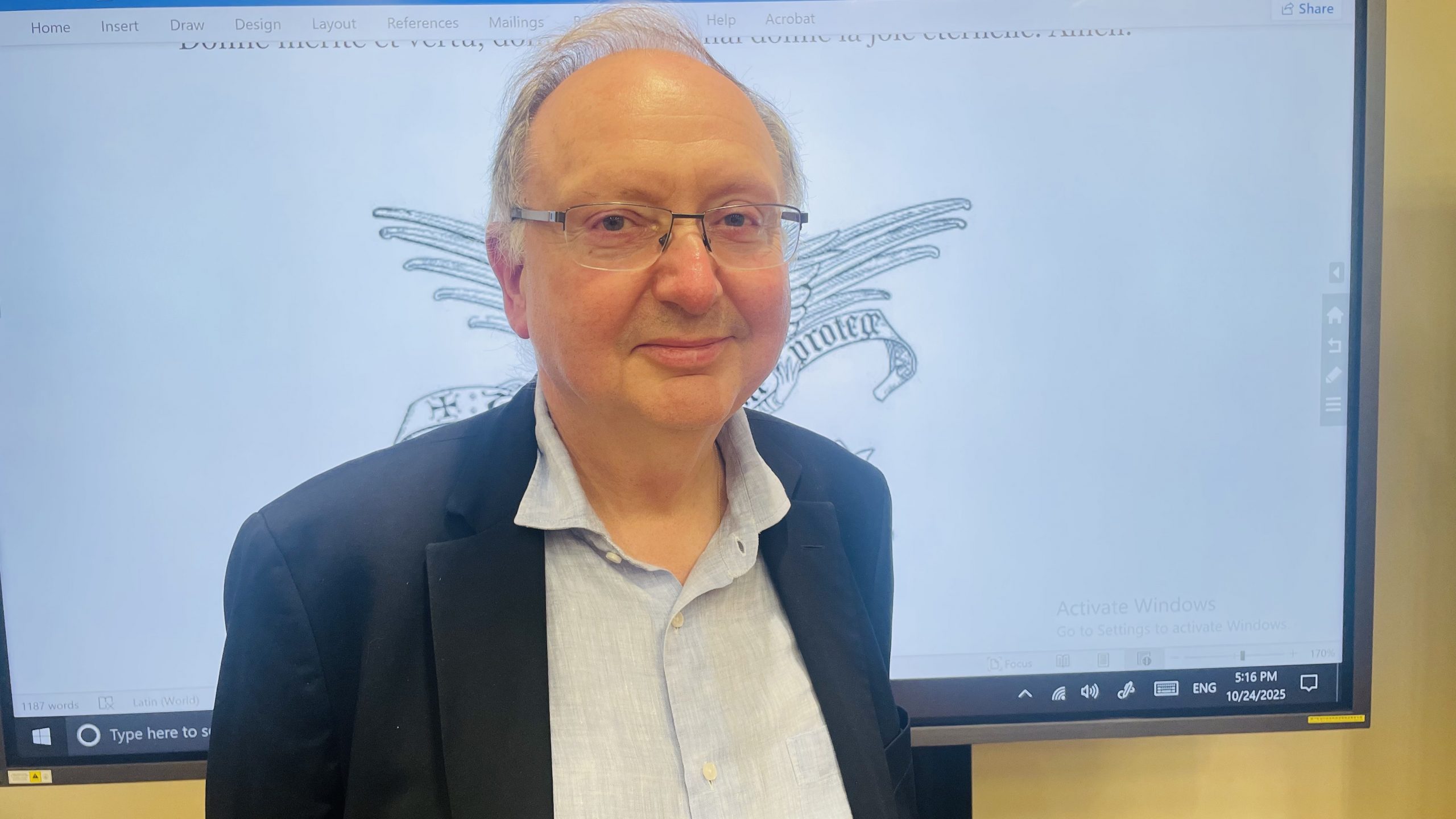– José Maria C.S. André
I did not see the program, but my colleagues at the university told me about it: an uninteresting debate, devoted to horoscopes, divinations and spells of the type. The guests were all “professional” fortune tellers except a university professor whom I knew very well. He had many qualities and a weakness: he could not resist an invitation to appear on television, even if it was to speak about horoscopes.
He was completely out of place, in that surreal talk. He could not agree with anything the others said and his displeasure grew, until a medium dared to say, possibly referring to his presence: “I feel that there is a negative energy here!” The poor professor shouted live on television, with powerful vehemence: “My lady! Your energy does not even have units!”
It is difficult to smash a medium more completely to the ground! By definition, material quantities are measurable and can be studied experimentally. Sometimes, even now, I laugh when a colleague of ours, gifted in mimicry, reproduces the episode.
By definition, spiritual realities are the opposite. Immaterial, impossible to measure and, therefore, without units. Justice is real, but two situations can not be compared, one being 34% more just than the other; likewise, there is no freedom 73% more free than another. This is inherent to spiritual dimensions and for this reason sociology faces a curious challenge when it tries to evaluate these intrinsically non-measurable realities. A serious and interesting sociological investigation – which does not offend intelligence, as horoscopes do – is based on indirect indicators that give us food for thought.
This week, journalist Helena Oliveira from the e-newsletter VER presented the results of a study by the Pew Research Center on the relationship between religious practice and happiness, civic engagement and health (www.ver.pt/ people-actively-religious-are-more-happy). The field work covered a statistical universe of thousands of adults from 35 countries.
The findings are noteworthy. Statistically, churchgoers answer more often that they are happy, vote more in elections, and are more involved in community life, for example by collaborating with civil associations, in addition to religious activities. With regard to health, those who practice a religion are less likely to smoke, to fall into alcoholism and to adopt risky behaviors. At least in some countries, people who regularly participate in religious activities live longer, suffer fewer illnesses, and generally cope better with the stress associated with diseases. On the other hand, there were no significant differences in exercise and obesity.
The authors of the study acknowledge that it remains to be explained where these statistical correlations come from and furthermore the influence of other variables cannot be excluded. In a few years, can the result be different?
This study corroborates previous analyses, of a more local scope. All of them conclude that there is a correlation, but one may ask if it expresses a direct causal relationship. Some people argue that the number of friends explains the levels of happiness and those who go to church usually have more friends. In turn, this creates a support network, which helps to deal with life’s problems. Others argue that it is the virtues promoted by religion, such as compassion, forgiveness and the desire to help others, that contribute to improving the level of happiness and even physical health. In any case, the correlation is real and has practical interest.
Some scholars of political science remarked that if religious attendance declines in a given society, voluntary initiatives may be in danger over time and the level of crime will tend to increase. Conclusion: it is very fit to be happy.


 Follow
Follow


